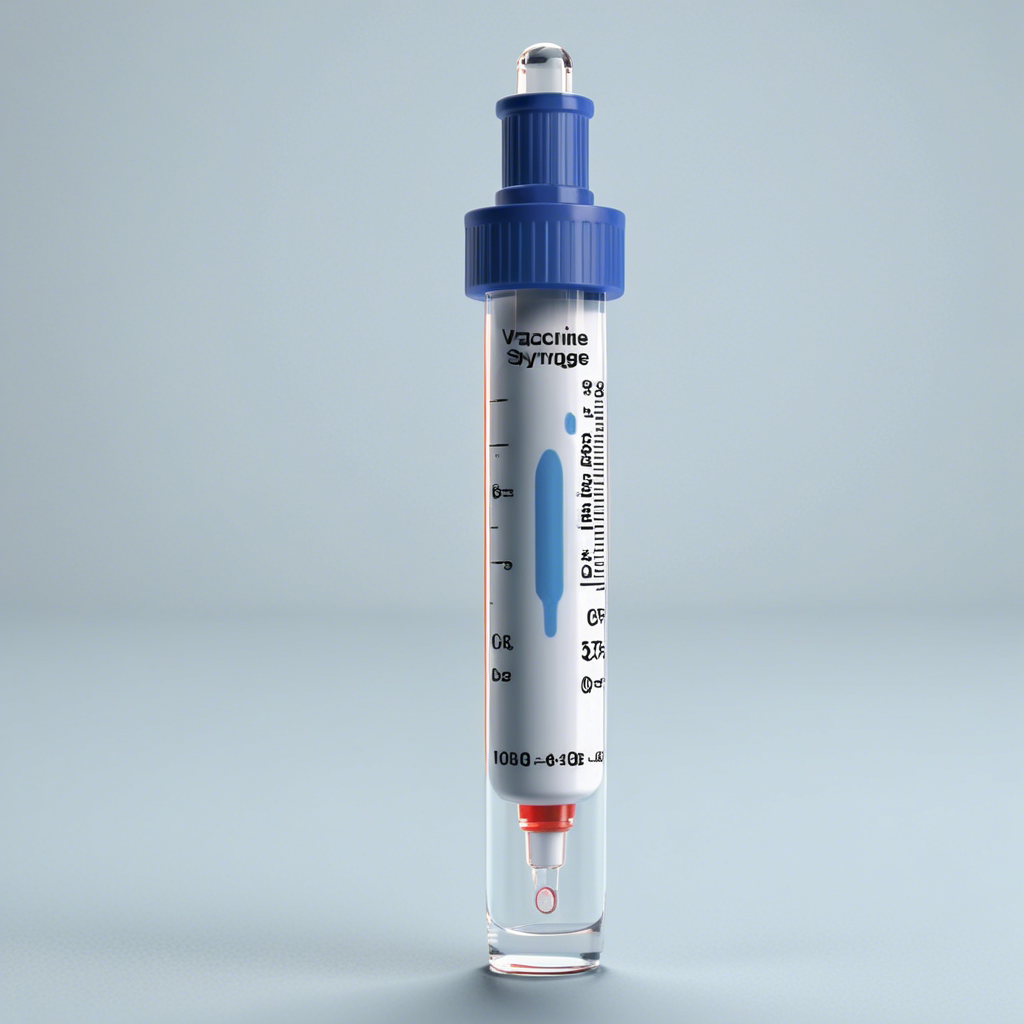Vaccines have been a cornerstone of public health for centuries, saving countless lives and preventing the spread of infectious diseases. However, despite the overwhelming evidence supporting the safety and efficacy of vaccines, misinformation and myths about vaccination continue to circulate.
In this article, we’ll tackle some of the most common myths about vaccines and vaccination, providing evidence-based information to set the record straight.
Myth 1: Vaccines Cause Autism
One of the most persistent and damaging myths about vaccines is that they cause autism. This myth originated from a 1998 study by Andrew Wakefield, which has since been thoroughly debunked and retracted. The study’s findings were based on flawed research and manipulated data, and numerous subsequent studies have failed to find any link between vaccines and autism.
In fact, the Centers for Disease Control and Prevention (CDC) has conducted extensive research on the topic and found no evidence to support a link between vaccines and autism. The American Academy of Pediatrics, the World Health Organization, and numerous other reputable health organizations have also concluded that vaccines are safe and do not cause autism.
Myth 2: Vaccines Contain Toxic Chemicals
Some vaccine opponents claim that vaccines contain toxic chemicals, such as mercury, formaldehyde, and aluminum. While it’s true that some vaccines contain small amounts of these substances, the amounts are negligible and pose no risk to human health.
For example, the mercury-based preservative thimerosal was once used in some vaccines, but it was removed from all vaccines in the US in 2001. Today, the only vaccine that contains thimerosal is the flu vaccine, and the amount is so small that it’s considered safe for all ages.
Formaldehyde is used in some vaccines to inactivate viruses and bacteria, but the amounts are tiny and pose no risk to human health. Aluminum salts are used as adjuvants in some vaccines to enhance the immune response, but the amounts are also very small and have been shown to be safe.
Myth 3: Vaccines Weaken the Immune System
Some people believe that vaccines weaken the immune system by introducing foreign substances into the body. However, this myth is based on a misunderstanding of how vaccines work.
Vaccines actually stimulate the immune system, helping it to recognize and respond to specific diseases. By introducing a small, harmless piece of a virus or bacteria into the body, vaccines help the immune system to build a defense against future infections.
Myth 4: Vaccines Don’t Work
Some people claim that vaccines are ineffective or don’t provide long-term protection against diseases. However, the evidence overwhelmingly supports the effectiveness of vaccines in preventing infectious diseases.
For example, vaccines have been instrumental in eliminating smallpox and polio, and have significantly reduced the incidence of diseases such as measles, mumps, and rubella. Vaccines have also been shown to provide long-term protection against diseases, with many vaccines providing immunity for 10-20 years or more.
Myth 5: Herd Immunity is a Myth
Herd immunity refers to the idea that when a sufficient percentage of a population is vaccinated, it provides protection for those who are not vaccinated, such as individuals with weakened immune systems. Some people claim that herd immunity is a myth, but the evidence suggests otherwise.
Studies have shown that when vaccination rates are high, the incidence of infectious diseases decreases, even among those who are not vaccinated. This is because vaccinated individuals help to prevent the spread of diseases, reducing the risk of infection for those who are not vaccinated.
Conclusion
Vaccines are a safe and effective way to prevent infectious diseases, and the evidence supporting their use is overwhelming. By debunking common myths about vaccines and vaccination, we hope to provide accurate information and reassure readers about the importance of vaccination in maintaining public health.
Remember, vaccines are not just a personal choice, but a social responsibility. By getting vaccinated, we not only protect ourselves, but also our families, communities, and society as a whole.


